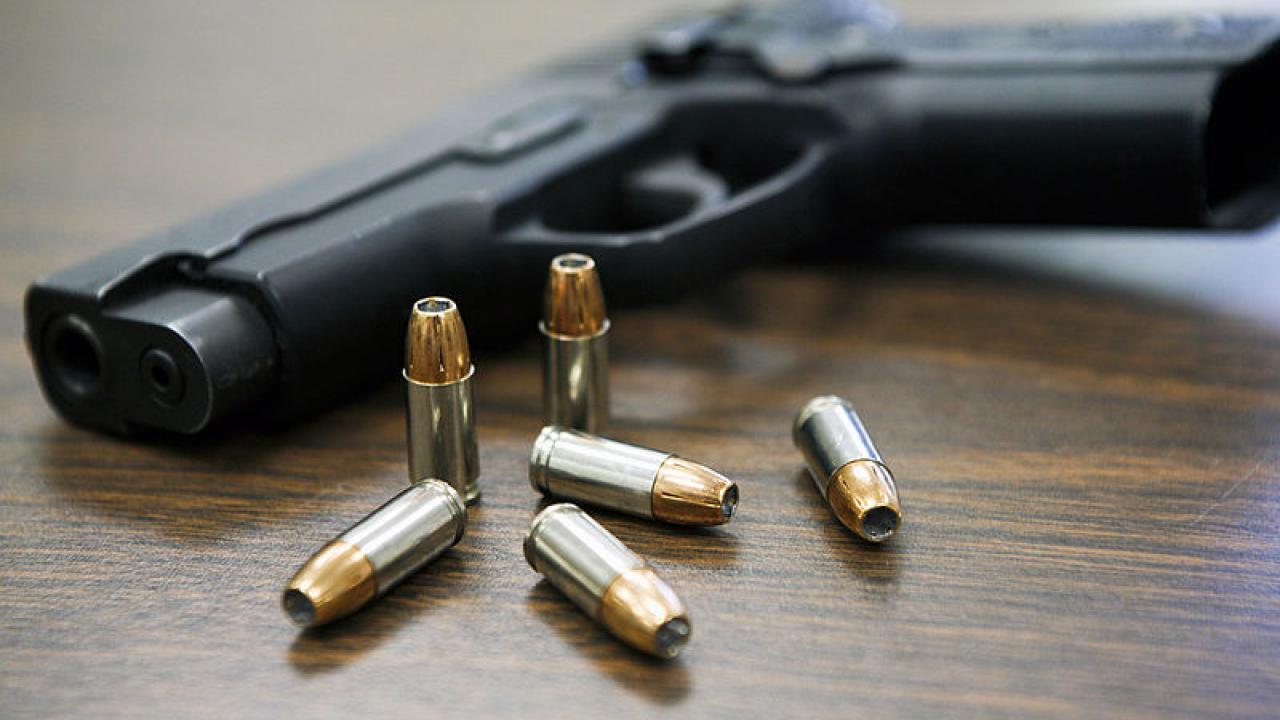
Surge in Firearm Purchasing During Pandemic’s Onset Linked to Higher Rates of Firearm Violence in U.S.
States with the most excess firearm purchases: New Hampshire, Mississippi, Kentucky, Vermont, Wyoming, Montana, Idaho and Arizona
This article originally appeared on health.ucdavis.edu.
(SACRAMENTO) — A surge in firearm purchasing in the U.S. during the coronavirus pandemic – estimated to be over 2.1 million excess purchases – is linked to a significant increase in firearm violence, a study by UC Davis Violence Prevention Program (VPRP) suggests.
A preprint of the study is available for download from medRxiv, a distribution server operated by Cold Spring Harbor Laboratories, the British Medical Journal, and Yale University. The authors emphasize that this is a preliminary report of work that has not been certified by peer review.
“The 2.1 million additional firearm purchases from March through May 2020 we identified represents a 64% increase over the expected volume of purchases. That is, 644 more purchases per 100,000 population than expected,” said Julia P. Schleimer, VPRP research analyst and first author of the study.
“Using models that incorporate variation in purchasing across states and control for the effects of the pandemic common to all states, we calculated an almost 8% increase in firearm violence, or 776 more injuries than expected in March through May in the U.S. had no spike in firearm purchases occurred.”
The researchers say this translates to an increase of over one injury or death for every 100 excess firearms purchased per 100,000 population.
The researchers’ analysis leverages substantial variation between individual states in observed-versus-expected purchasing rates over the three-month period. On average, states with greater increases in firearm purchases were more likely to have increased rates of firearm violence than states with smaller increases in purchases.
States with the most excess firearm purchases included Mississippi, Kentucky, Vermont, New Hampshire, Wyoming, Montana, Idaho and Arizona. Other states, specifically Massachusetts, Michigan, New York, New Mexico and Washington, closed gun stores at some point during the pandemic; most of these states had smaller increases in firearm purchases.
The study findings are consistent with the significant body of research linking greater firearm access with increased rates of firearm violence at the population, household and individual levels.
“Surges in firearm purchasing are associated with mass shootings and significant political events, and the evidence suggests these surges are followed by population-level increases in firearm violence,” Schleimer said. “Screening for firearm ownership in healthcare settings, supporting safer firearm use and storage, limiting the size of these surges, and addressing other individual and community-level risk factors for gun violence may be particularly important during the pandemic.”
For the study, the researchers approximated firearm purchasing using state-level monthly National Instant Criminal Background Check records. They measured firearm violence in the U.S. with data from the Gun Violence Archive (GVA), a non-profit organization that compiles incidents by date, location and other event characteristics from 7,500 news outlets and other public sources daily. The researchers included injuries (nonfatal and fatal) from incidents of intentional interpersonal violence in which one or more shots were fired and one or more persons were killed or injured.
The study included data from 48 contiguous states in the U.S. and the District of Columbia, excluding Hawaii and Alaska due to missing or incomplete data. The researchers also controlled for confounding factors, including monthly COVID-19 cases and deaths per population, state stay-at-home orders, average monthly movement as a measure of compliance with physical distancing recommendations, and average monthly temperature and precipitation.
Garen J. Wintemute, director of the UC Davis Violence Prevention Research Program and professor of emergency medicine at UC Davis Health, is senior author on the study “Firearm purchasing and firearm violence in the first months of the coronavirus pandemic in the United States.”
The research was supported by the Joyce Foundation (42400), Heising-Simons Foundation (2019-1728) and the University of California Firearm Violence Research Center.
The UC Davis Violence Prevention Research Program is a multi-disciplinary program of research and policy development focused on the causes, consequences and prevention of violence. Studies assess firearm violence and the connections between violence, substance use and mental illness. VPRP is home to the University of California Firearm Violence Research Center, which launched in 2017 with a $5 million appropriation from the state of California to fund and conduct leading-edge research on firearm violence and its prevention.
